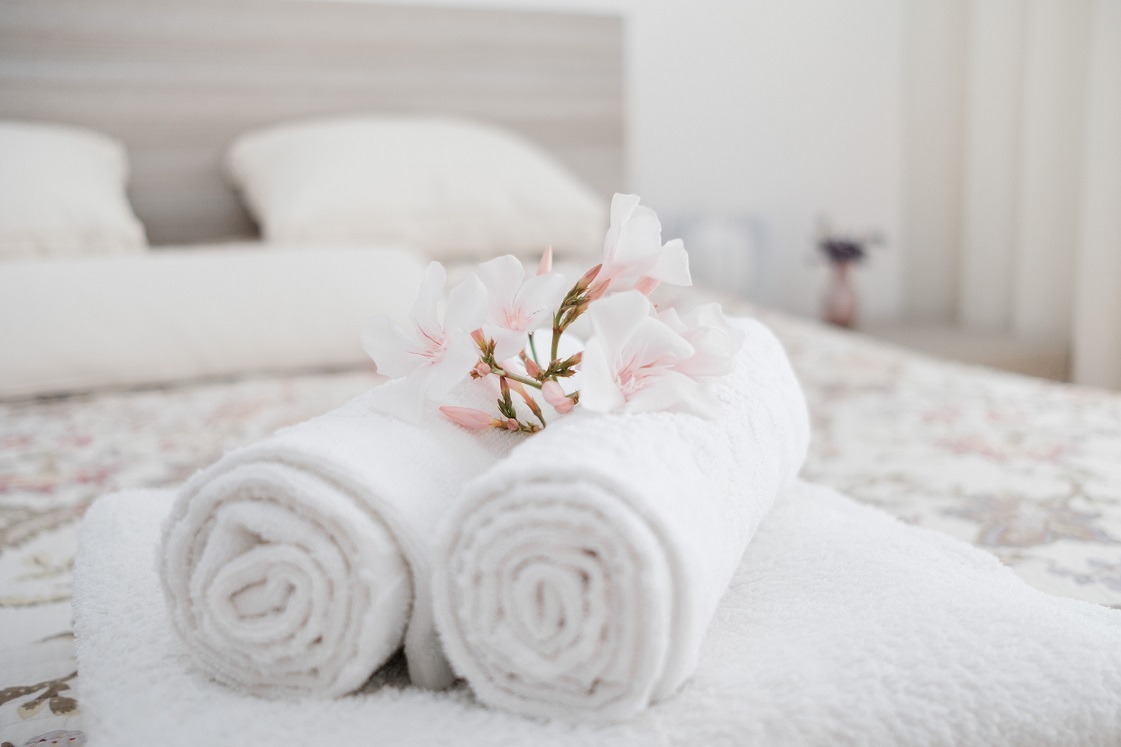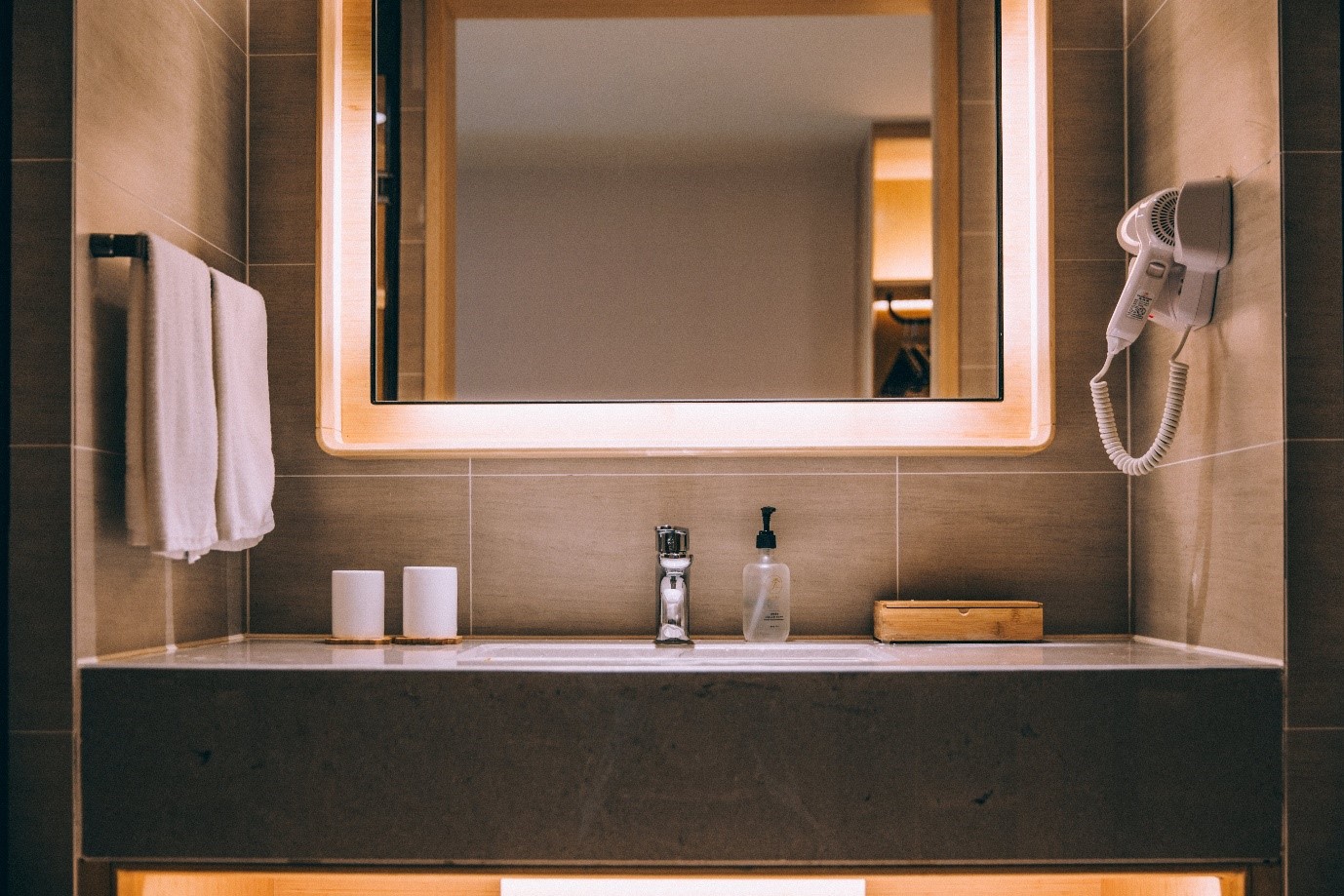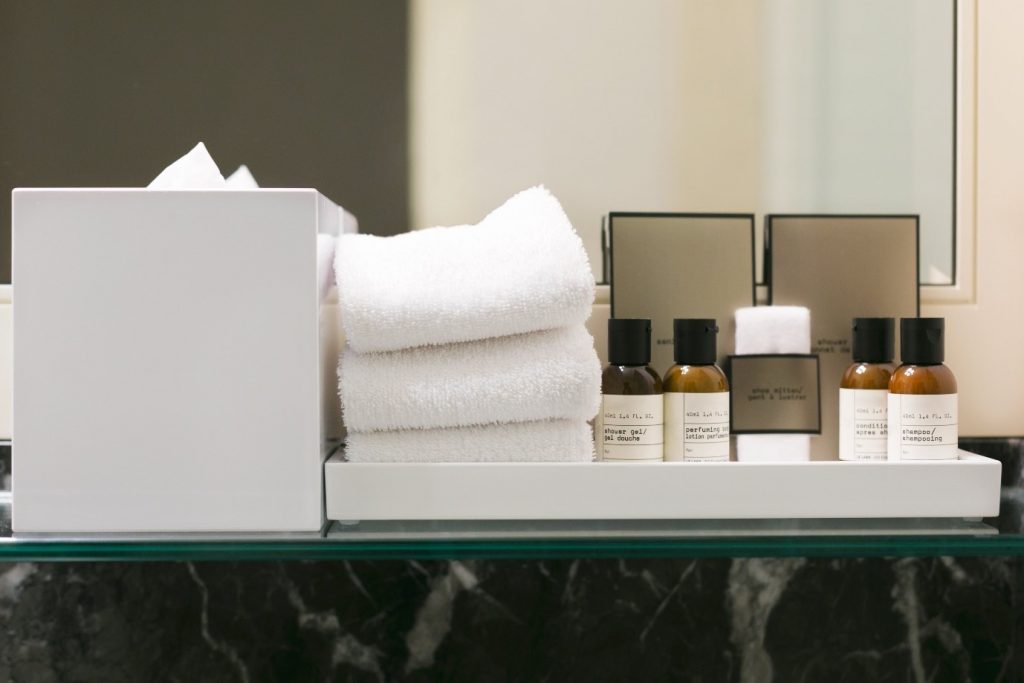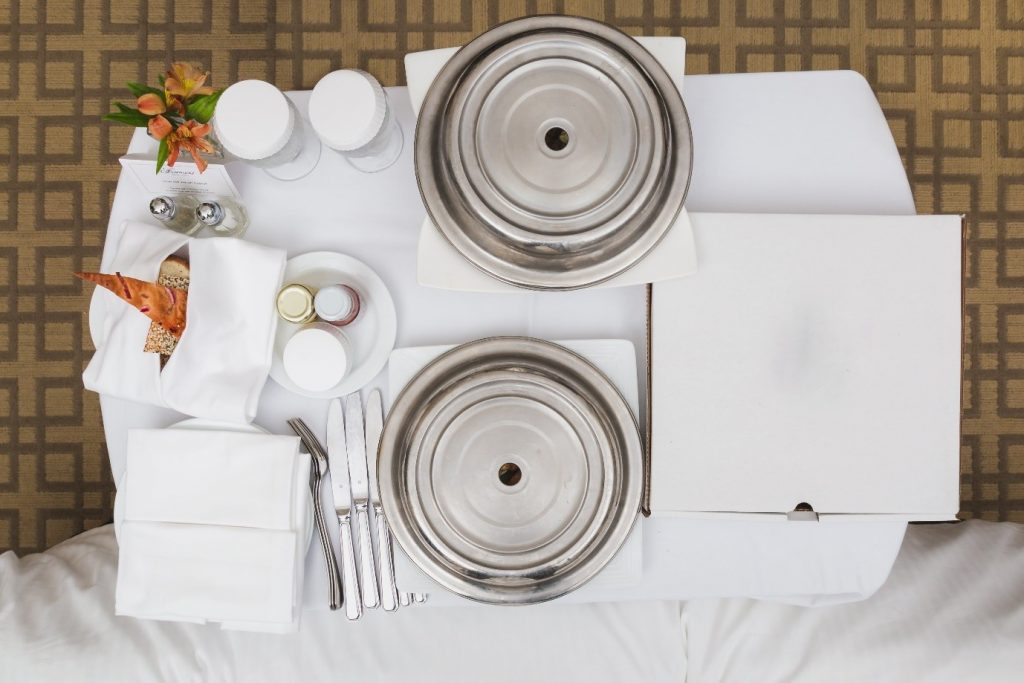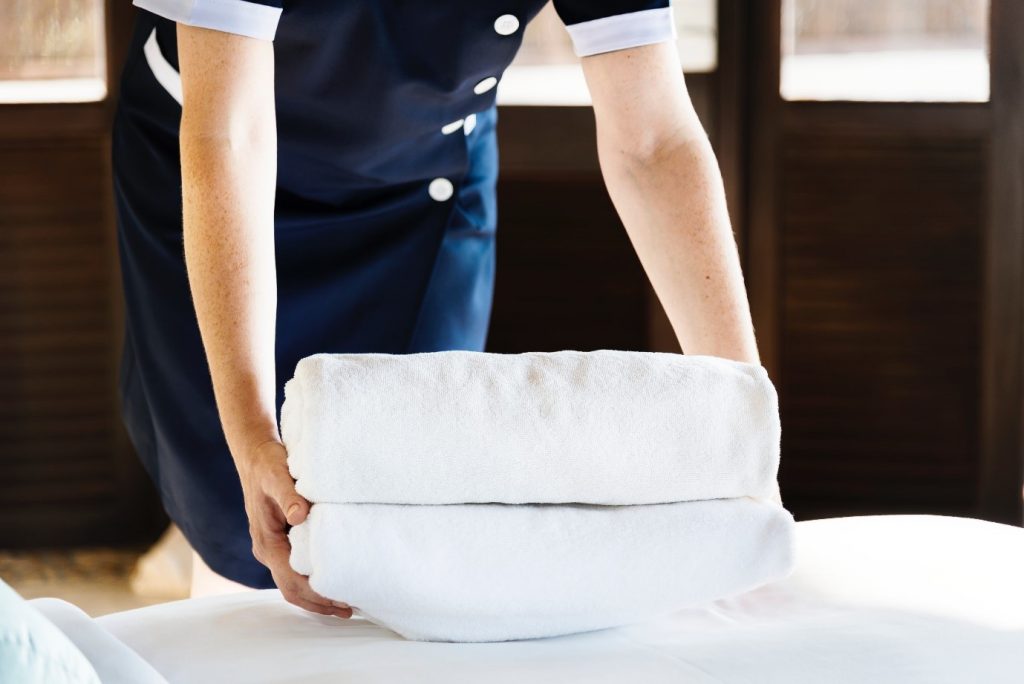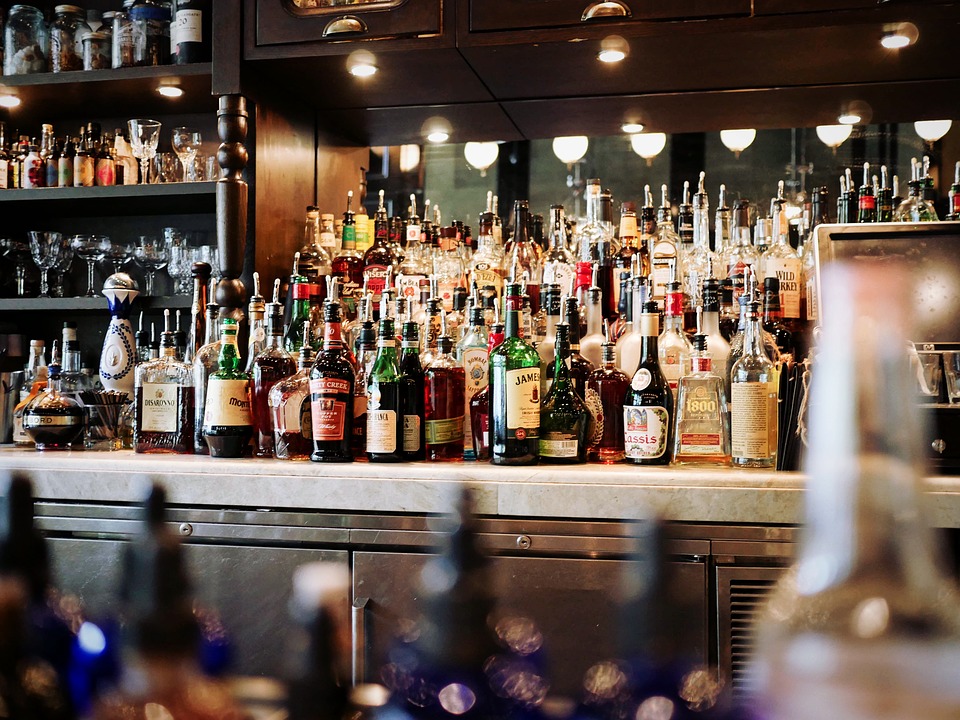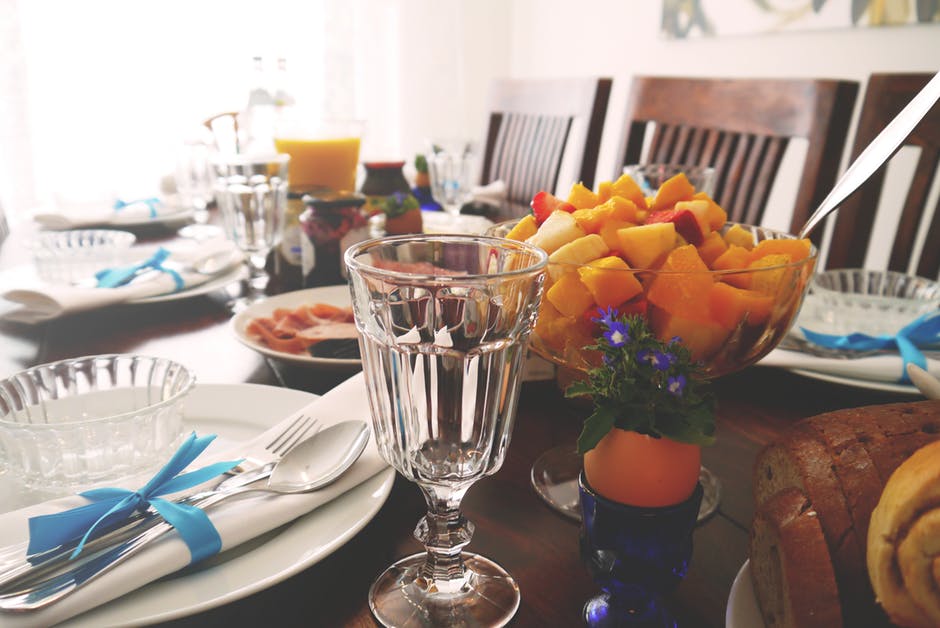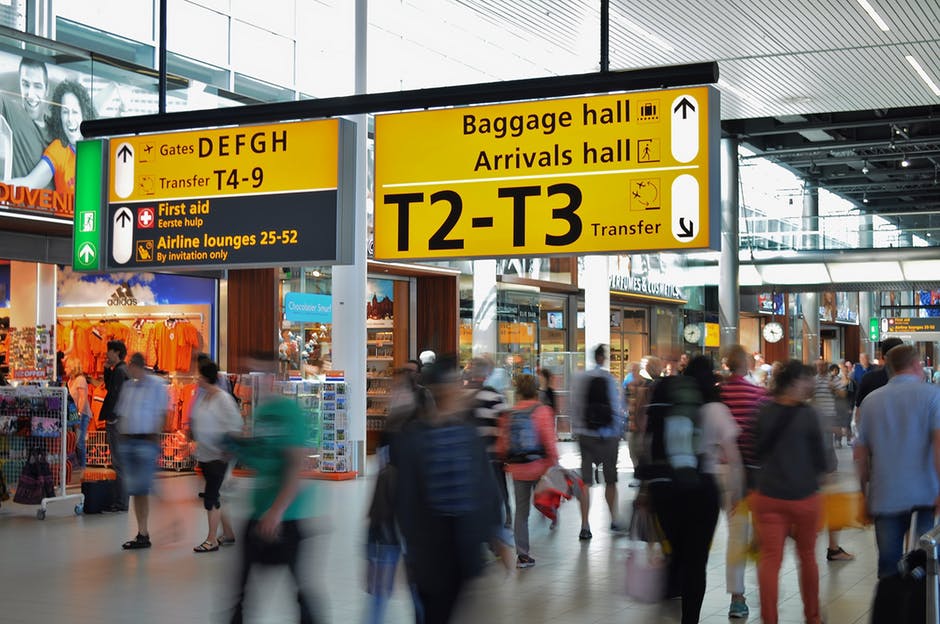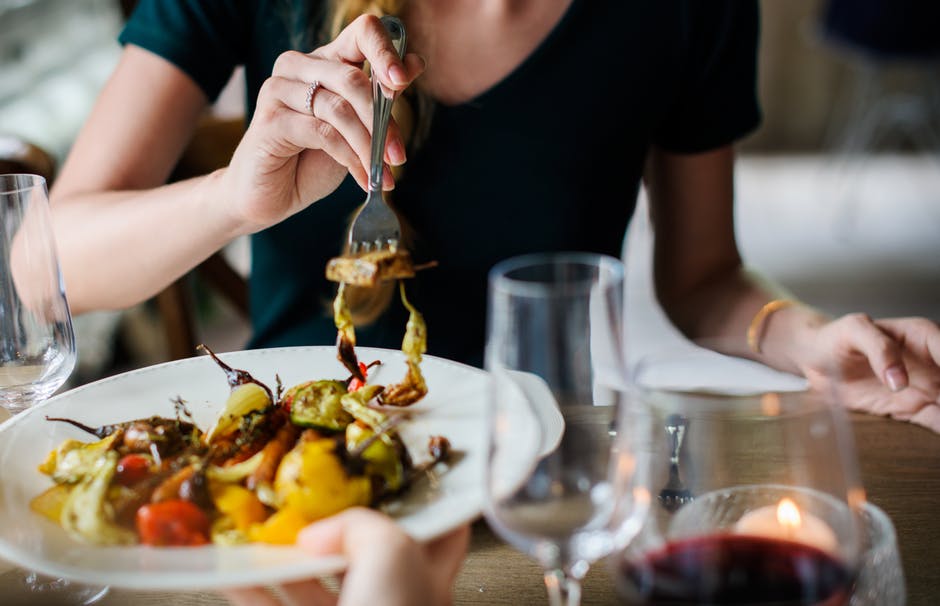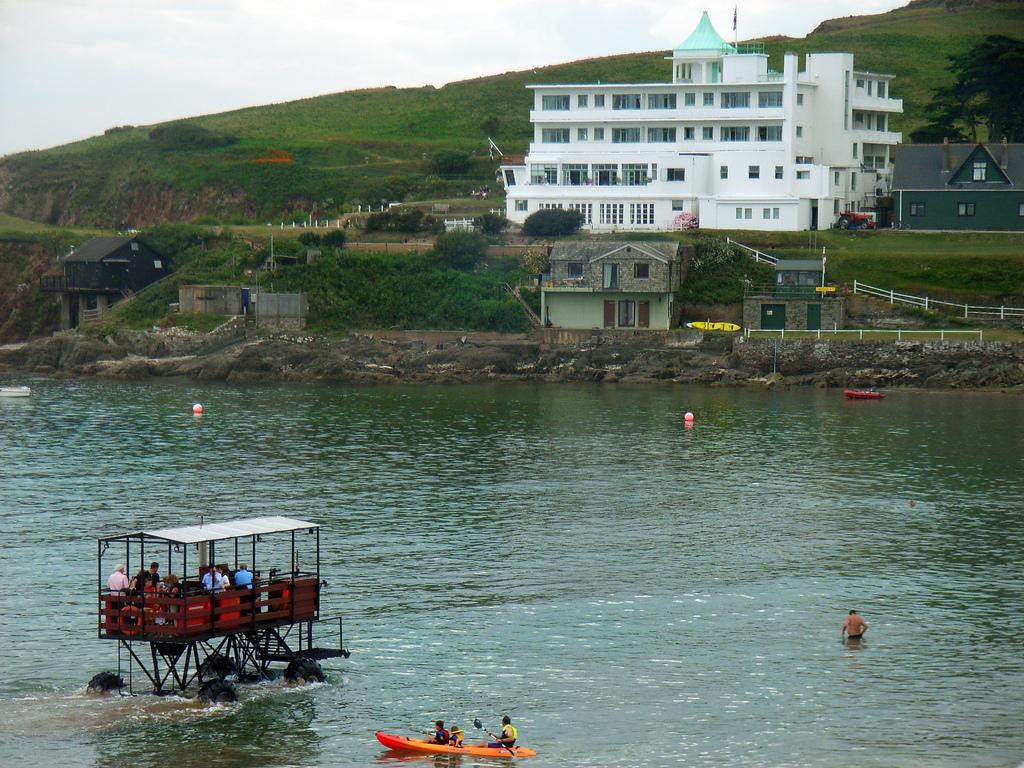Thinking of Selling Your Hotel? Here’s How to Know it’s the Right Time
As an established hotel owner, you may perhaps have entertained the idea of selling your business. You may understand that timing plays a part in such decisions. But is now the best time? And how will you even know when that ‘best time’ actually comes around? It’s rarely an easy call to make, so here’s a few things you should consider.
Reasons for selling
Sometimes you may just have to accept the fact that you can’t really control your need to sell. Other aspects of life which cannot be put off may simply intervene. You, or your partner, may be suffering poor health, or you may have to face divorce or some other family crisis. Equally, you may be fast approaching retirement, or have been presented with some need to liquidate your assets which must take priority over your business responsibilities.
More often, as a hotelier, you may notice a relentless downward spiral in profitability. Whilst some owners catch the problem early and are able to take remedial measures, others may find things have gone far beyond any hope of retrieving the situation.
If your accommodation business is performing poorly with little hope of an upturn, then taking the decision to sell may be your best chance of selling at an acceptable price. In such unfortunate circumstances it may be best to salvage what you can rather than risk a further decline.
On the other hand, some hotel owners may recognise that their soundly performing business is presenting them with a golden opportunity to sell on their own terms. A business with a good track record will usually sell for a better price, and often sells far more quickly too. And this is especially so where the owner can show that profits are on a sustained upward trajectory.
Research the market
To determine your sale prospects, or even simply to optimise the outcome once you are nearly ready to commit, it will always pay to carefully research the market. Whilst that is likely to involve seeking professional opinions, it should also involve a thorough personal investigation. It’s only by immersing yourself in such detail that you can get a proper ‘feel’ for market conditions.
For instance: Are local sector trends a reflection of regional market conditions? Or are there local factors which are exerting a stronger influence? And considering the national picture: What do the long-term sale statistics say about the future prospects for the hotel industry? And what seems to be the optimum time of year for selling with a view to securing the best return on your investment?
The hotel industry is one that fluctuates and so you will need to keep a careful eye on what the future trends are. There are three main factors that will impact the value of your hotel: the profit that your business is making, what multiple of the profits the buyer is willing to pay and the condition of the business. Make sure that you are in a positive position with all three of these factors where possible if you want to make a good return on your investment.
Threats and opportunities
You may know some local owners are about to retire and close down, or be aware of plans for major leisure and tourist developments about to occur in your area. Indeed, such information may be just what you need to hear to give you an ideal chance to present your business as being rich in potential.
Or alternatively, you may have been advised that a national hotel chain has earmarked your town as a likely location for expansion, or perhaps you have lost some of your best staff who have proved well-nigh impossible to replace.
Whatever the scenario, if a hotel sale could be on the horizon, you must remain alert to how such developments could affect your prospects.
You should also identify whether there are areas where your business could expand in the future so that buyers can be promised the chance for expansion. Is there is the potential for more rooms to be added? Could a restaurant or spa be included as part of the business?
Assess what pre-sale preparation is required?
If you can afford to sell when you’re ready, you should also consider what pre-sale preparation will be necessary to get your business up to the mark in order to prepare for a listing. If you have a well-run hotel in good health with strong bookings, perhaps also supported by strong local patronage, you must also have the evidence to prove the worth of your business.
One extremely important element here is your business paperwork, which must be in excellent order. Any serious buyer will never take your word alone. They will wish to see historical evidence of your trading revenues, and much else besides.
Have clear documentation of the occupation rates and how this fluctuates during the year. You will also need to do an audit of the stock that will included at the time of handover of the hotel.
In addition to exemplary paperwork, your premises should be in good repair and decorated to a good standard throughout. But beyond maintenance, and just as important, you should ensure your hotel is equipped in a way which reflects the latest industry trends and emerging technologies.
This extends beyond micro-details such as contemporary coffee facilities in your rooms, and should certainly include an overhaul of your (hopefully) mobile-friendly hotel website as well as your booking systems and digital marketing strategy.
By Matthew Hernon is an Account Manager at Dynamis looking after Business Transfer Agents and Franchises across BusinessesForSale.com and FranchiseSales.com.
